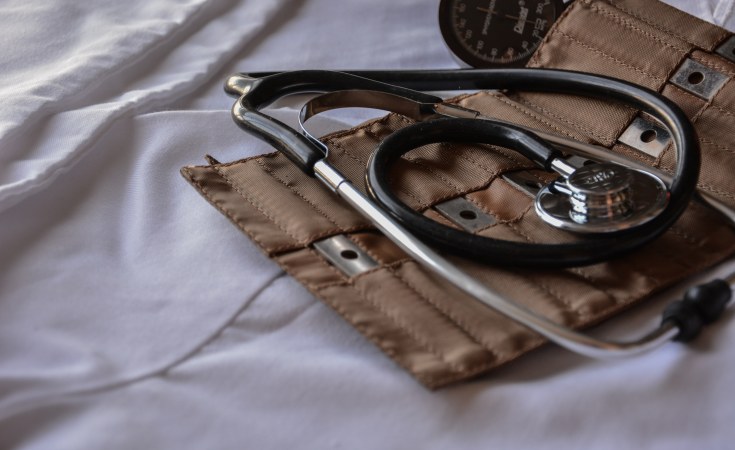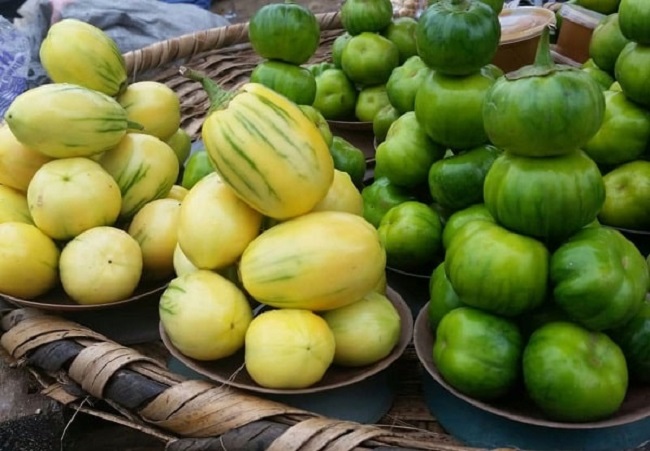By Abayomi Ajayi
As a woman, for you to conceive successfully, ovulation is everything. Ovulation is supposed to be painless, but it is not uncommon to experience pain. You may experience ovulation pain with one menstrual cycle, and not with another. An awareness of any aches or cramping during ovulation can actually be a useful indicator in tracking your fertility. What is important is that you should get familiar with how your body feels during ovulation from month to month.This will help you to separate what’s normal for you from what might be abnormal and require a visit to your doctor. Why do you experience ovulation pain, how long does it last, what does it mean for your conception chances, and how do you obtain relief?
Essentially, ovulation pain occurs midway through your menstrual cycle when your ovary releases an egg. Not every woman who ovulates will feel this type of pain. Most feel it occasionally, but others might feel it every cycle. There is no particular cause for ovulation pain, but the cramps might also be the result of contractions of the fallopian tube or the ligaments around the uterus.
Ovulation pain is usually on the left or right side of your pelvis. You may feel pain on a different side each month. You may, also, feel aches in other parts of your body during ovulation.
The symptoms can vary slightly from person to person, ranging from a slight twinge or a sharp pain to a general discomfort or full-scale cramping during ovulation, just like menstrual cramps.
If you’re trying to conceive, you might be keeping tabs on signs of implantation cramping, which is essential and can be a sign of pregnancy. Ovulation cramping happens about 14 days before you would start your period, that is, on day 14 if your cycle is 28 days. With implantation cramping, you’d feel the cramping usually around day 20 to 22 if your cycle is 28 days long.
Typically, ovulation pain isn’t serious enough that you’d need to see a doctor. But if the pain comes every month and is severe, and you’re not currently trying for pregnancy, it can be prevented with hormonal contraception, which stops ovulation.
Just as the symptoms of ovulation pain can vary from person to person, the duration of ovulation pain also depends on the individual and can last from a few minutes to one or two days. If your ovulation pain is prolonged, see your doctor.


